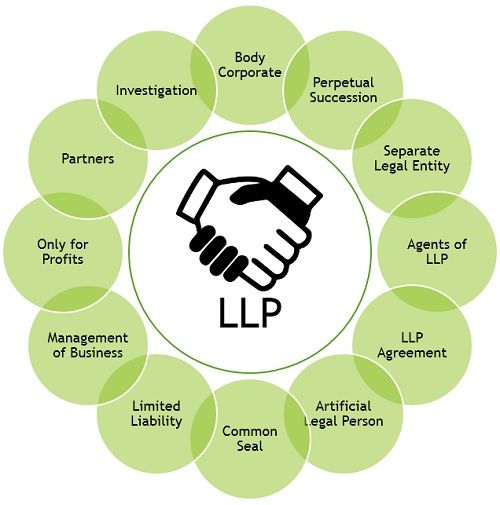Is it necessary for lawyers to conduct Account Finalization?
Account Finalization for Lawyers In India, it is not a strict necessity for lawyers to conduct account finalization; however, involving legal professionals can be beneficial in certain cases. Account finalization is primarily a financial process aimed at accurately closing the books of accounts for a given period. It involves preparing financial statements, reconciling transactions, and… Read More »









